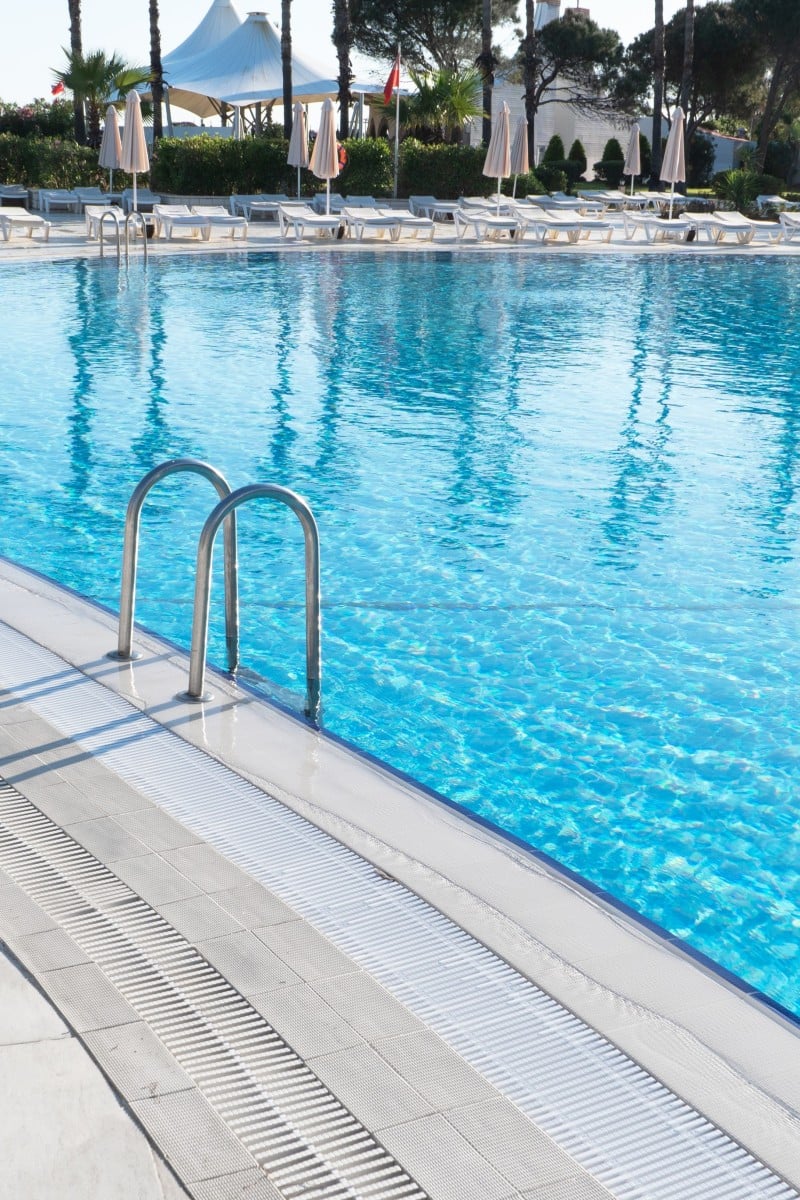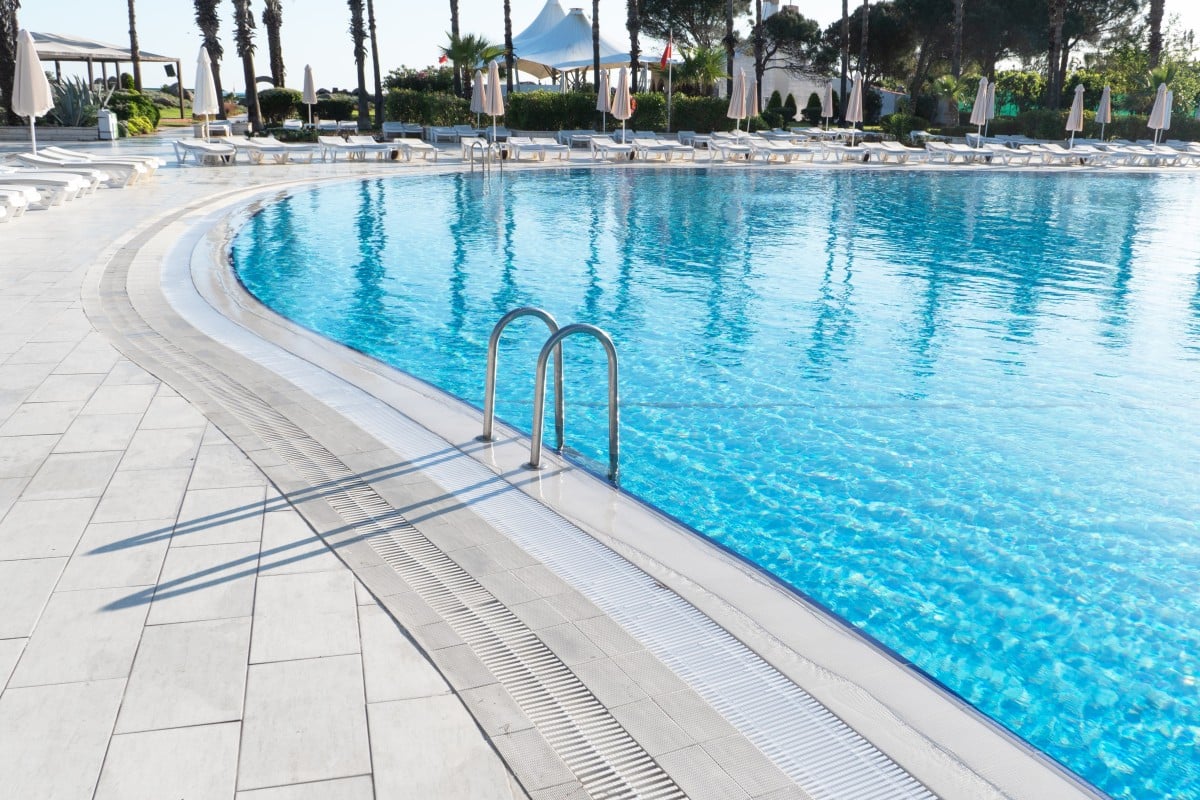
The odour coming from pools isn’t chlorine but the result of urine, sweat and bodily fluids mixing together.
 We have some bad news about the strong pool smell. Photo: Shutterstock
We have some bad news about the strong pool smell. Photo: ShutterstockYou might have noticed that pools can have very strong smells. However, it’s likely not the chlorine you smell. It actually comes from a chemical reaction between chlorine and bodily fluids, most notably urine. It is a hard truth to confront during the hot summer heat. Science can explain why it happens.
“People are peeing in the swimming pool, and we have the chemistry to prove it,” VidCon founder, author, social media content creator and science communicator Hank Green told millions of followers on his YouTube channel SciShow.
“That’s not chlorine that creates the distinctive pool smell. That’s chemicals that form when chlorine reacts with pee, sweat and body oils, but mostly pee.” (see graphic)
According to a 2019 survey by Sachs Media Group, just over half of Americans surveyed said they’ve used a pool as a bathtub at least once.
Nearly a quarter said they have substituted a shower with a quick dip in the pool, while two out of every five people said they have urinated in the pool as an adult.
“Researchers mixed chlorine with uric acid, a compound found in both sweat and urine, but by far in more concentration in urine,” Green said. “The result [was] trichloramine and cyanogen chloride, which contribute to the pool smell and can irritate your eyes and lungs.”
According to the National Centre for Health Research in the US, the health effects of swimming in water containing dangerous chemical by-products are still being studied.
One 2009 study found that teenagers who swim in chlorinated pools are at higher risk of developing asthma or hay fever. Another study in 2004 reported lung irritation in children who swam frequently.
The US Centres for Disease Control and Prevention (CDC) has directly linked chloramines – the chemical by-products of chlorine and body fluids – to eye, skin and respiratory irritation.
“So if you’re tired of getting all red-eyed after a swim and your pool smells like chlorine, you know what to blame,” Green said. “And that’s why chemists are asking people to please, please stop peeing in the pool.”
How can I protect myself from all these chemicals?
The CDC recommends taking breaks from swimming every hour to use the bathroom, especially for young children. Before swimming, it’s a good idea to shower with soap for at least a minute. Make sure to shower after getting out of the water, too.
Avoid swallowing pool water, even if you do not intend to. This is because you might be swallowing more than you realise.
When going underwater, pinch your nose to prevent swallowing water. Most importantly, do not go to the pool when you have diarrhoea, as this can spread harmful bacteria to others. Do not pee or poop in the pool, as this can contaminate the water.
